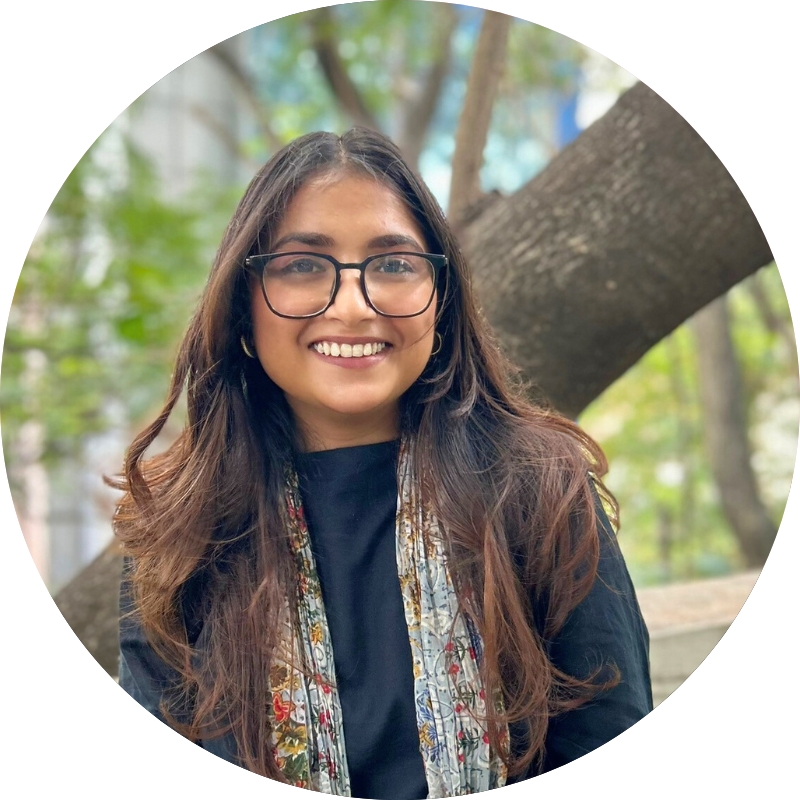On 26th July 2025, CLPR, along with Access to Justice to All, Nisarga and Karnataka Vikalachetanara Sanghatane (KVS) organised a KYRE session on ‘Access to Legal Protection and Welfare Benefits for Transgender Persons’ in Taluk Panchayat Hall, Chikkaballapur, to empower transgender persons with awareness of their legal rights and welfare benefits.
The event began with a warm welcome by Dr. Kiran Nayak from CLPR and KVS, who outlined the objectives of KYRE. The inaugural address Smt. Shilpa B, Senior Civil Judge and DSLSA Member Secretary, shared insights on how paralegal volunteers (PLVs) have assisted in securing documentation like birth certificates and highlighted the importance of awareness in accessing legal entitlements.
The first session, led by Sana Suman (Transgender Rights Activist and CLPR PLV), provided an overview of the Transgender Persons (Protection of Rights) Act, 2019, its background, and key provisions. She traced the evolution of the Act from the 2014 NALSA judgment, which legally recognised the third gender, to the passing of the legislation in 2020. Sana highlighted Section 3 of the Act, which prohibits discrimination in education, healthcare, employment, and access to public spaces, and discussed the social realities that continue to obstruct these rights, from harassment in public spaces and healthcare neglect to the lack of accessible toilets and public awareness. She emphasised that the Act recognises self-identification and does not mandate surgery or hormone treatment. The session included a discussion on legal remedies available under the Act, including the role of the National and State Transgender Commissions and avenues for redress such as Lok Adalats and police stations. Participants raised questions around representation, enforcement gaps, and the functioning of district-level welfare committees.

The second session focused on navigating the National Portal for Transgender Persons and was led by Venkat Reddy R (Transgender Rights Activist and President of Nisarga). He discussed the application for a Transgender Certificate and Identity Card via the portal launched by the Ministry of Social Justice and Empowerment. Venkat explained the differences between the TG ID card (for self-identification) and the revised certificate (post-medical intervention), highlighting the key documents required and the District Magistrate’s role in approval. The presentation addressed questions about data privacy, fears of being identified as transgender in official records, and the importance of the TG card in accessing government schemes and reservation benefits. Venkat noted that over 90% of the audience already possessed TG cards and urged attendees to spread awareness and assist peers in completing the application process.

Following a lunch break, the third session was led by Nithya Rhea Rajshekhar (Senior Research Associate, CLPR) and focused on Welfare Schemes for Transgender Persons available at both the central and state levels. Nithya outlined key central government initiatives under the SMILE programme, including the TG scholarship scheme, skill development training with stipends, and the Ayushman Bharat TG Plus insurance scheme, which provides up to Rs.5 lakhs in annual coverage for gender-affirming procedures. She also discussed the Garima Grehs, shelter homes for transgender persons, of which only one exists in Karnataka.

She then covered Karnataka-specific schemes such as the Mythri Pension Scheme (Rs. 1200/month for TG persons), KSWDC’s financial assistance for self-employment (Rs. 30,000), and Gruha Lakshmi and Yuva Nidhi schemes, which provide financial aid to transgender heads of households and unemployed graduates, respectively. Nithya concluded with details on the 1% horizontal reservation for transgender persons in Karnataka state government jobs and offered guidance on how to apply through the Seva Sindhu portal and local government centres.

The final session of the day was an interactive legal clinic, moderated by Dr. Kiran Nayak, where participants shared concerns, asked legal questions, and received individualised guidance. The CLPR legal aid team addressed issues related to documentation, discrimination, and the implementation of welfare schemes. The space served as a critical bridge between the community and legal experts, enabling attendees to articulate their lived experiences and seek concrete solutions.
The event concluded with a vote of thanks by Radhika Kiran (PLV), who expressed gratitude to the speakers, participants, and organisers. The KYRE consultation restated the importance of community-centred legal education and provided a vital platform for collective learning and empowerment.


